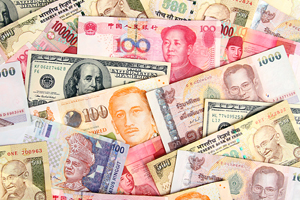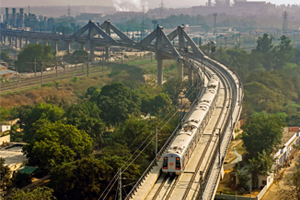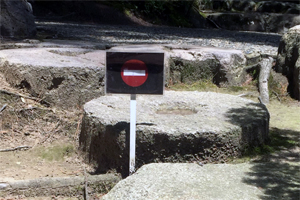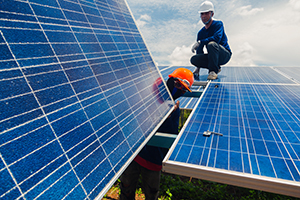Equipping workers with skills, infrastructure, and support is vital to ensure the AI-driven digital shift boosts jobs, inclusion, and sustainable growth.
LATEST

- Economics, Finance sector development

- Governance and public sector management, Transport

- Industry and trade, Information and Communications Technology, Private sector development
By Gerald Sun

- Governance and public sector management, Transport, Urban Development

- Economics, Governance and public sector management
Subscribe to our Newsletter
Stay updated with ADBI news, publications, events and opportunities.
About Asia Pathways
Asia Pathways is the blog of the Asian Development Bank Institute, exploring ideas and solutions for advancing sustainable and inclusive development in Asia and the Pacific.

